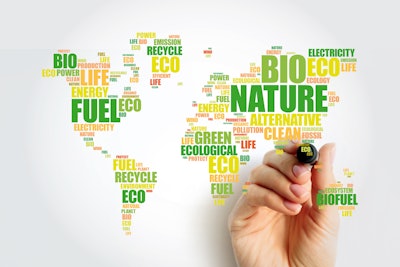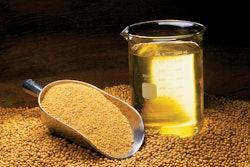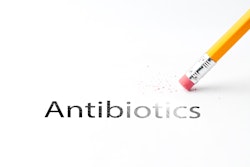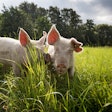
With the forecast for continued rapid growth in the use of animal fats for biofuels in Europe, the amount available for other uses is in decline. For the feed and pet food industries, this could lead to shortages, and substitutions that have adverse environmental impacts.
In Europe, 46% of all animal fats are used in the production of biodiesel. Furthermore, this proportion is set to grow further in the coming years, leading to the prospect of a shortage of animal fats for other uses. Among these are the feed and pet food industries, according to the European Feed Manufacturers Association, FEFAC.
The association’s warning comes after publication of a new study into the future of the animal fat market by alternative fuels consultancy, Cerulogy.
Since 2006, the use of animal fat biodiesel has increased by a factor of 40 as it is increasingly used to power cars and planes. In the past 10 years alone, the amount used for transport has doubled, according to the report.
By 2030, the volume is forecast to triple as this feedstock is incorporated ever more into sustainable aviation fuel (SAF) as airlines vie to reduce their climatic impacts.
Sustainability impacted, potential for fraud
As with almost all resources, the supply of animal fats is limited. As the transport sector uses a greater share, this will put pressure on other industries.
For feed and pet food manufacturers, one of the options would be to substitute animal fats in their formulations with more competitively priced and widely available oils. However, if that means these industries turning to palm oil, any advantage in environmental impact of using animal fats as biofuel feedstock will be undermined.
Furthermore, the study suggests that using animal fats in biofuels opens up potential for widespread labeling fraud.
Within the European Union, animal fats can classified into one of three categories, according to the report. Category is allocated depending on their risk of disease transmission and use for human consumption. Category 1 and Category 2 are used for heating and transport, while Category 3 can be used for a wide range of applications, including feed and pet food production.
While fuel suppliers will generally prioritize Category 1 and 2 fats, limited supplies may push them toward Category 3 materials, exacerbating the limited supply situation for livestock and pet nutrition.
Potential for fraud arises if Category 3 is purposely downgraded to Category 1 or 2 in order to qualify for biofuel incentives.
The study was carried out on behalf of Transport & Environment (T&E), which is a non-governmental organization in Europe campaigning for cleaner transport.
Call for market regulation
As a result of the study findings, T&E is urging European lawmakers to exclude Category 3 fats when formulating biofuel incentives for transport. This would leave this category of animal fat for other purposes, such as animal feed and pet food.
Furthermore, the body is calling for the European Commission to ensure there are no loopholes in the system that open opportunities for fraud, as well as to set up an effective auditing process to ensure compliance.
In contrast, in the U.S., ethanol production may be facing a slow decline as electric vehicles gain in popularity.














